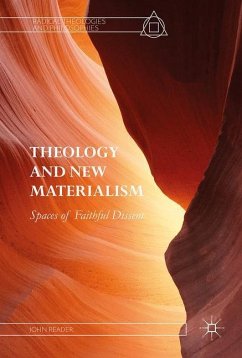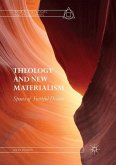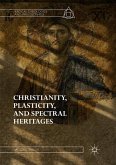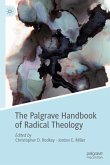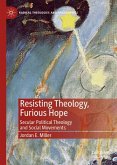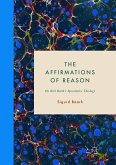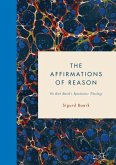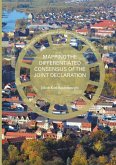This book argues that identified weaknesses in recent theological engagement with New Materialism can be successfully addressed by incorporating insights from Relational Christian Realism. Central themes are those of the relational and the apophatic as they represent different but essential strands of a materialist theology. The relational refers to the work of Deleuze and its influence upon key New Materialist thinkers such as De Landa, Bryant, and Braidotti but supplemented from Relational Christian Realism by Latour and Badiou and with reference to the concept of the apophatic as found in Keller and Kearney. Examining the concepts of transcendence, human agency, and a New Enlightenment, the book moves into more practical areas of aesthetics and technology concluding with a response to the contemporary apocalyptic of climate change. Being "beyond in the midst" requires developing spaces of faithful dissent and holding the tension between the relational and the apophatic in theology.
"While his scholarly credentials and breadth of philosophical engagement are self-evident, Reader provides clear summaries of all the thinkers with whom he engages. The book therefore offers an opportunity for anyone who is not familiar with this complex field to dip their toes in and begin a journey. ... For this reason, the book is worth engagement by anyone involved with faith communities." (Timothy Howles, Modern Believing, Vol. 62 (2), 2021)

